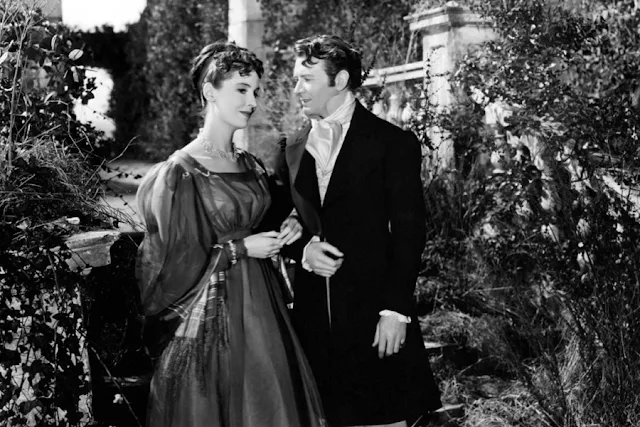Tunes of Glory (Ronald Neame, 1960)
Cast: Alec Guinness, John Mills, Dennis Price, Kay Walsh, John Fraser, Susannah York, Gordon Jackson, Duncan Macrae, Percy Herbert, Allan Cuthbertson, Paul Whitsun-Jones, Gerald Harper, Richard Leech, Peter McEnery.
Screenplay: James Kennaway,
based on his novel.
Cinematography: Arthur Ibbetson.
Production design: Wilfred Shingleton.
Film editing: Anne V. Coates.
Music: Malcolm Arnold.
Tunes of Glory is a kind of anti-buddy movie, meaning that its chief distinction is that it gives us a chance to see two great actors paired off, though hardly as buddies. Director Ronald Neame originally thought that Alec Guinness would play Col. Barrow, the reserved, by-the-book officer who comes as a replacement for the gregarious, happily boozy Maj. Jock Sinclair at the head of a Highland Regiment sometime just after World War II. Among other things, Barrow had been interned as a POW in a Japanese camp and still suffers from post-traumatic stress. This similarity to the character Guinness had played, and won an Oscar for, in David Lean's
The Bridge on the River Kwai (1957), may have caused Guinness to ask for the role of Sinclair instead. I happen to think it was a mistake on his part: Although Guinness is known as a chameleonic actor, able to efface his own personality in his roles, he also carries with him our memories of other performances. Too often in
Tunes of Glory, I think, we're distracted by watching an actor act, rather than being caught up in the character he's creating. I was as distracted by the image of Guinness showing through the part of Sinclair as I was by the fake red hair on his head. Mills comes off rather better as Barrow, although the film doesn't give him enough scenes to develop the character's backstory -- his suicide comes as rather too abrupt, I think. Neame noted in an interview that accompanied the film on the Criterion Channel that
New Yorker writer Roger Angell once suggested that
Tunes of Glory should have been a play in which Guinness and Mills switched roles on alternate nights, the way Laurence Olivier and Anthony Quinn did in a production of
Becket on Broadway in 1960-61. Or maybe the point is that the too-talky, rather static
Tunes of Glory would have been a better stage play than movie.





















